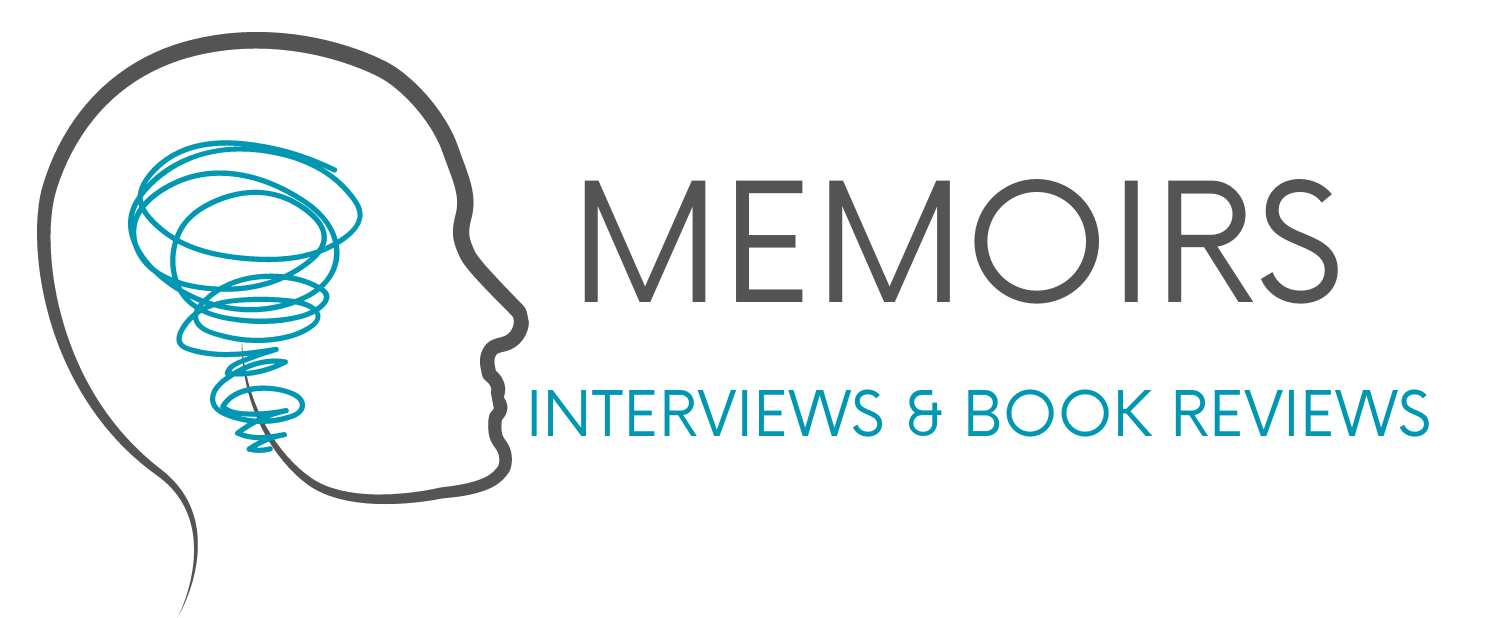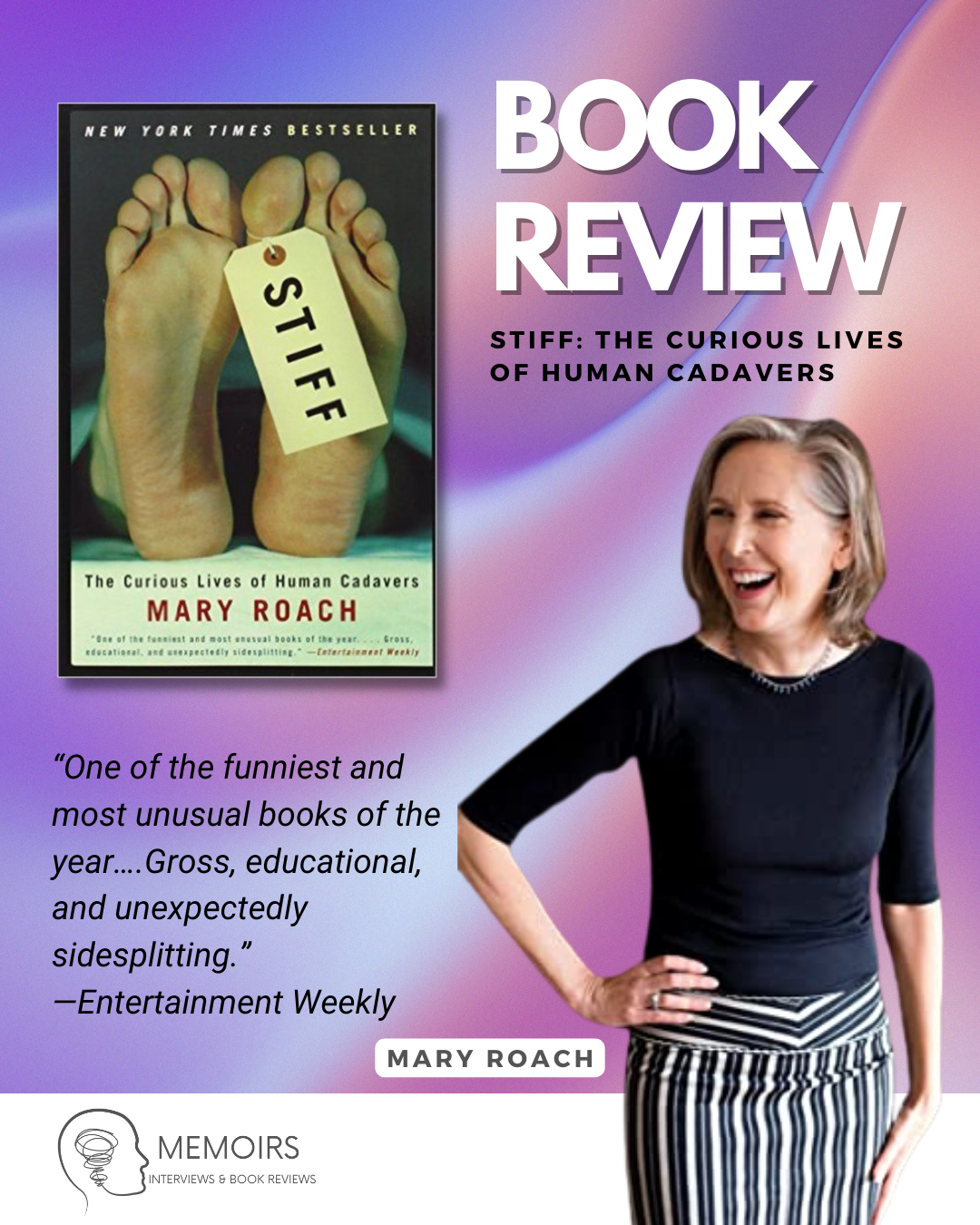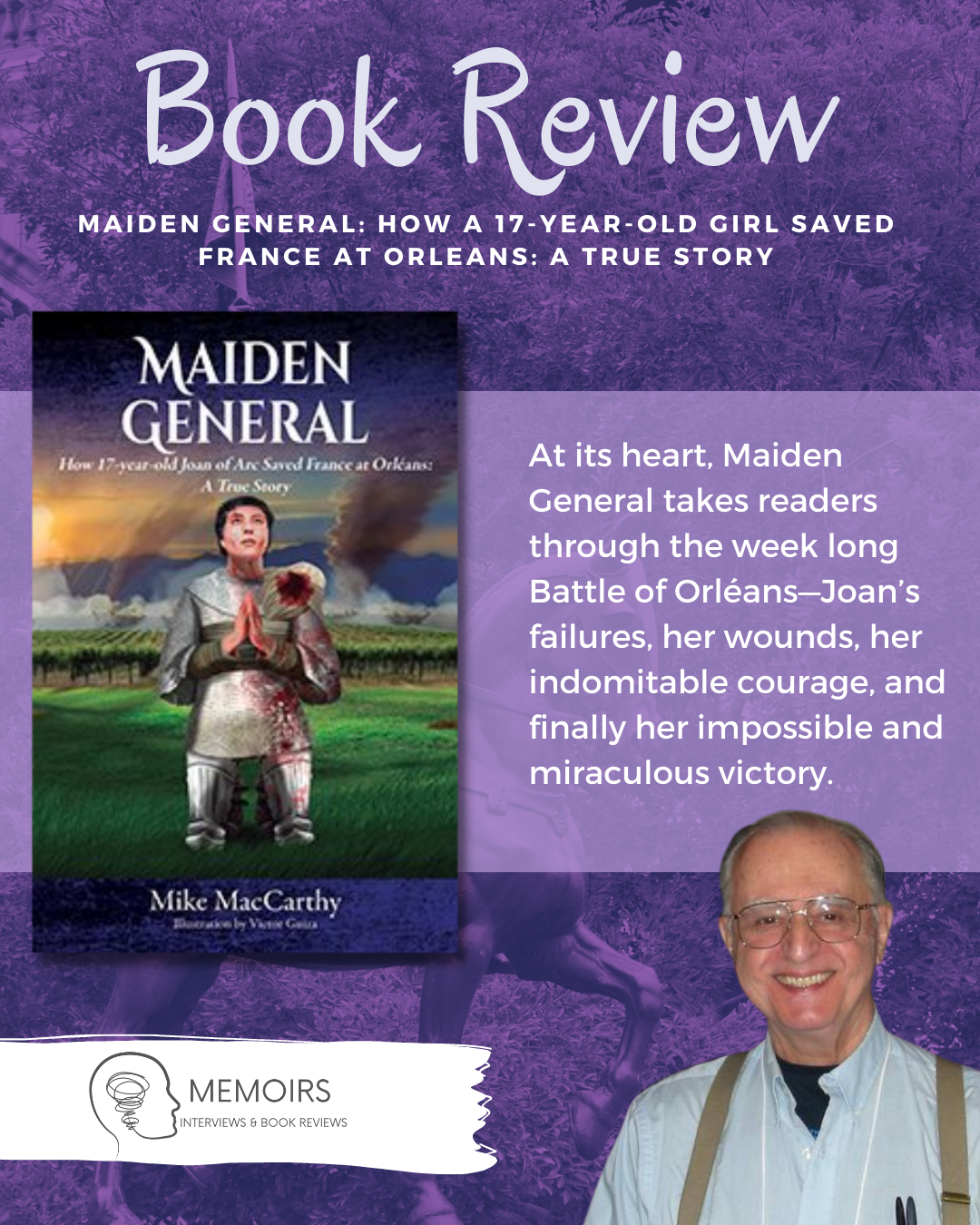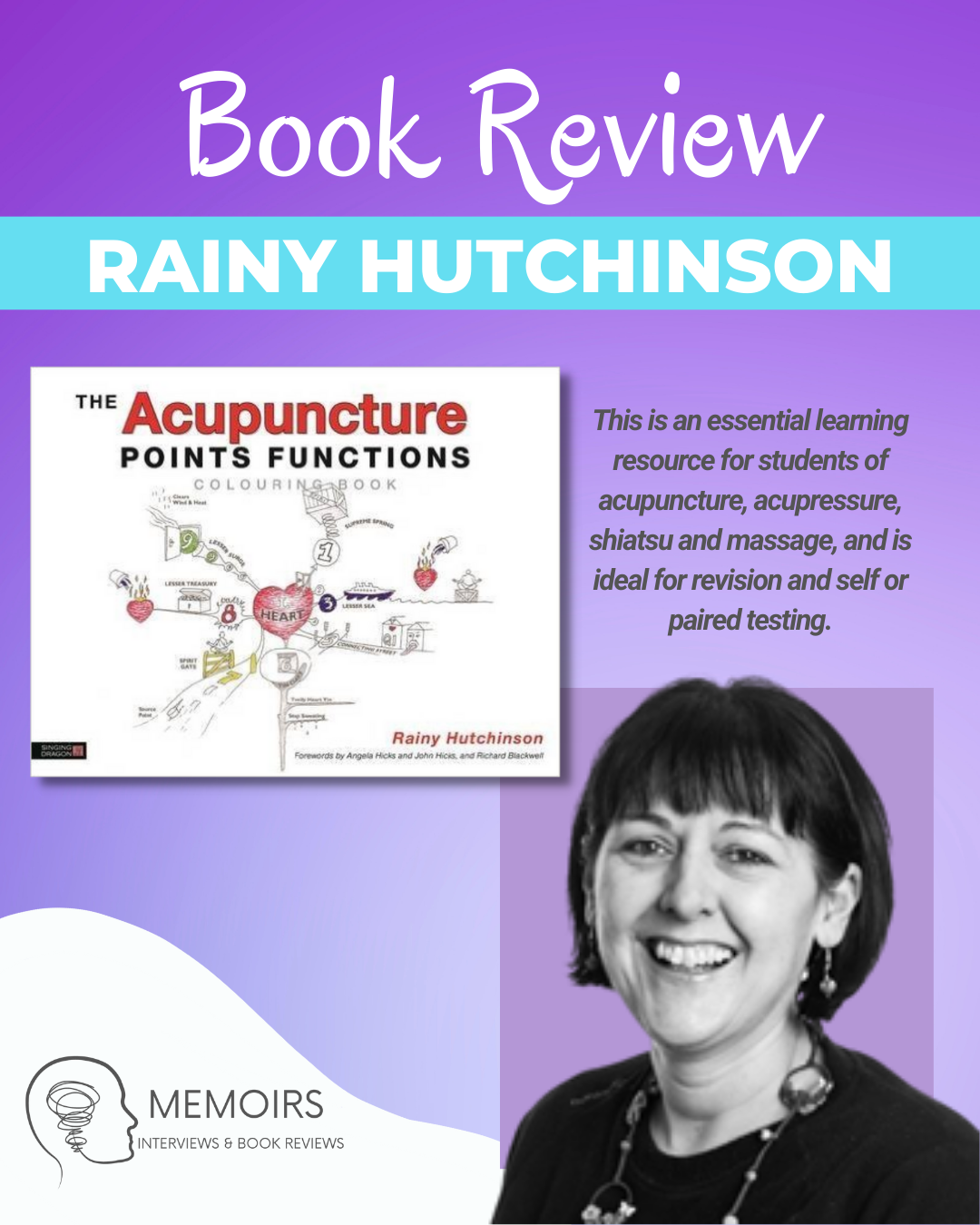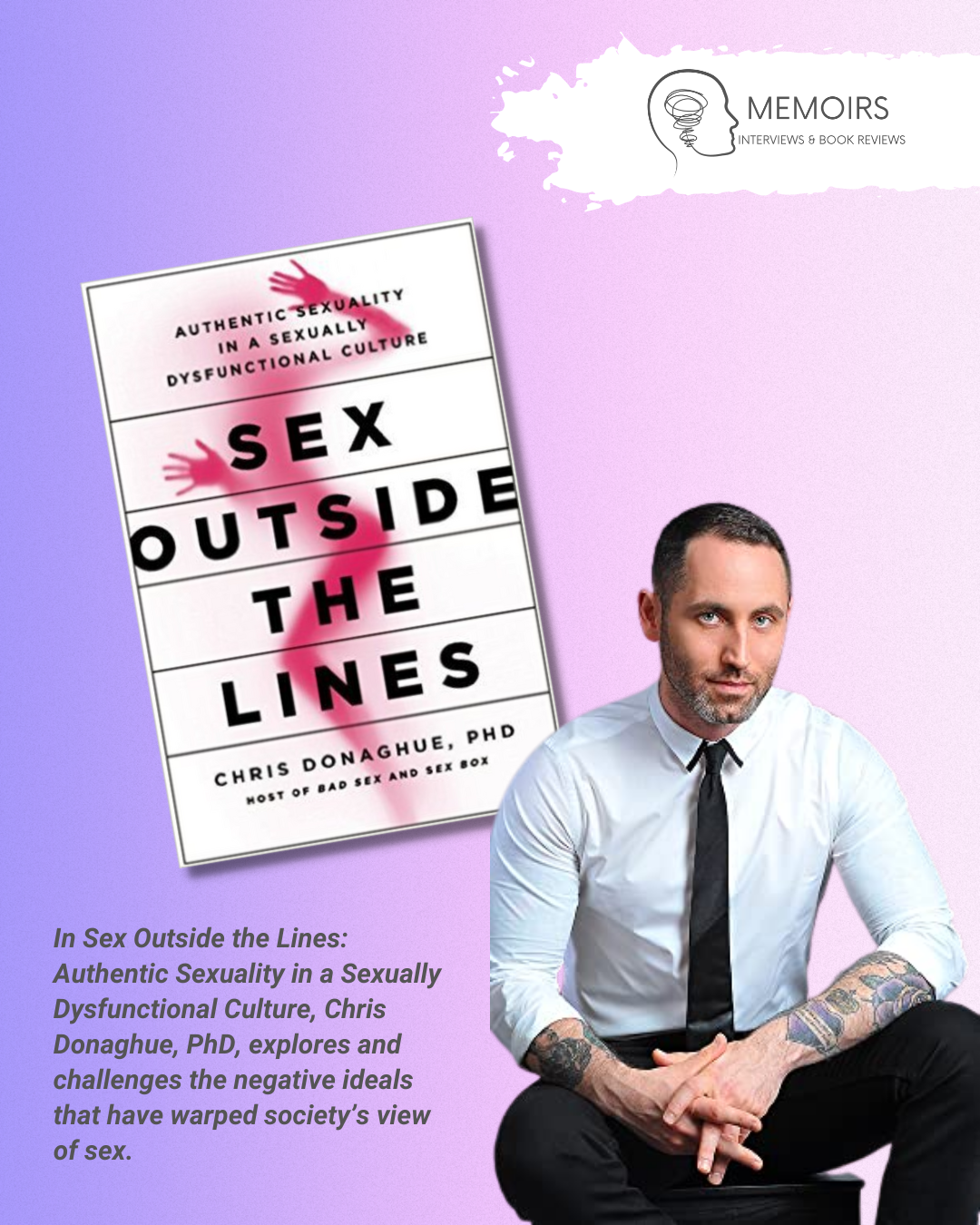Daniel Roberts, a former priest turned Christian spiritual writer, delves into the extraordinary ways through which God can manifest miracles in his novel. Purest Mercy is a narrative of hope, centering around Mercy, a homeless teenager, and the seemingly miraculous events that surround her. The author’s deep spiritual devotion shines through his writing, creating a seamless and captivating narrative. Today, we have the privilege to engage Daniel in a conversation about Purest Mercy and the message he wishes to convey.
Is there a message in your novel that you want readers to grasp?
The message I hope readers will grasp is that there is still healing that is possible in this world. That miracles can and do still happen, and that God still touches people in profound and beautiful ways that enable them to be conduits of Divine Love and Mercy. Some people are close enough to God that, like the saints and mystics of past centuries, they become vessels of the Divine, in and through whom extraordinary events take place and extraordinary gifts are given.
Is there anything you find particularly challenging in your writing?
My greatest challenge in writing Purest Mercy was in finding ways to communicate about transcendent experiences—events that are unknowable and indescribable—using mere words. At the same time, it was a wonderful challenge that I would embrace again and again. There are so many miraculous, supernatural, and otherworldly events that take place in this story. And yet, eventually, each and every one fell into its place seamlessly alongside the others, described in language that is readily accessible and frequently moving.
 How many books have you written and which is your favorite?
How many books have you written and which is your favorite?
I have written two novels, though only Purest Mercy has been published. The first novel, called Beauty for Ashes, was written between 1999 and 2001. But I did not at that time have the means to self-publish. That earlier novel was a fuller account of the same story told in Purest Mercy. However, I much prefer Purest Mercy, which condenses the original story down from several years into an urgent sixteen hours. Also, the first novel was told exclusively from the perspectives of Bethany Lewis and David Mullins. As it turned out, the inception for Purest Mercy came when I began to revisit the original story, but to do so incorporating Mercy’s perspective. From there, the second book came to life.
If you had the chance to cast your main character from Hollywood today, who would you pick and why?
I do not honestly know who would be the ideal actress to play Mercy today. Had the earlier story, Beauty for Ashes, been self-published in 2001, I think Claire Danes would have been perfect for the role of Mercy. She has always struck me as being someone of deep humility, quiet beauty, and intense faith.
When did you begin writing?
I began seriously writing, with the intention of making a career out of it, in 1999, with Beauty for Ashes. I sent the completed novel to two dozen agents and nearly eighty publishers, hoping to get published the old-fashioned way. But though I received many enthusiastic and encouraging responses from both agents and publishing houses, no one was willing to take a chance on a first-time author.
How long did it take to complete your first book?
My first book, Beauty for Ashes, actually came together in a little less than two years. But I had a great deal more time to write in those days, and in any event, that novel was never published. The first (self) published work, Purest Mercy, took six years.
Did you have an author who inspired you to become a writer?
My great-aunt Carole Plemmons, who passed away in 2008, was a tremendous inspiration, and she self-published her work through Outskirts Press, which was how I came to turn to them for my own self-publishing needs when the time came. But her book, Amazed By Grace, was a devotional, not a novel. There have been many novelists who have inspired me, including Joseph Girzone, Gore Vidal, John Jakes, and David Nevin. I greatly enjoy historical fiction, and those last three authors are absolute masters of the genre. Still, Christian fiction is my favorite, and for me no one quite embodies it like Girzone with his Joshua series.
What is your favorite part of the writing process?
My favorite part of the writing process is seeing how each character begins over time to take on a life of their own. They start to seem less and less like fictional characters I am creating. They become more and more like real people whose stories are yearning to be told. This was especially and poignantly true of Mercy. Who, in and through her very nature, embodies humility, courage, selflessness, healing, and holiness. There is no one like her. If ever a character in a Christian novel deserved to be shared with the world, it is Mercy.
Describe your latest book in 4 words.
A Unique, Unforgettable Treasure.
Can you share a little bit about your current work or what is in the future for your writing?
I am presently in the early stages of development on my next novel. Which, hopefully, will not take anywhere near as long. Now that I have been through the self-publication process the first time. This next novel is also going to be a Christian fiction story, which will incorporate supernatural elements, albeit in a different way than Purest Mercy. Meanwhile, I am going to do everything I can to ensure that Mercy’s story impacts as many lives as possible.
